
ACOs serving patients with complex needs are on the rise, but policy changes are needed to support providers treating special populations.

ACOs serving patients with complex needs are on the rise, but policy changes are needed to support providers treating special populations.

Accountable care organizations (ACOs) are increasingly playing the role of data sleuths as they identify and report trends of anomalous billing in hopes of salvaging their shared savings. This mission dovetails with that of CMS, which under the new administration plans to prioritize rooting out fraud, waste, and abuse.

Payers and providers face challenges surrounding data integration, patient engagement, and financial pressures when trying to improve care quality and reduce costs.

By prioritizing well-being, both the public and private sectors can come together in partnerships to address social needs and social determinants of health.
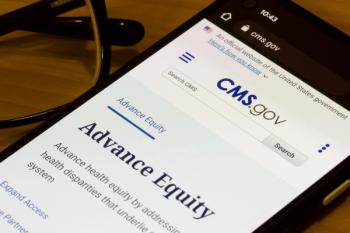
As CMS’ suite of value-based and accountable care models evolves, leaders from across the agency detailed how they are working together to streamline quality reporting and encourage the move to a population health mindset while addressing providers’ concerns.

Effective messaging about the value of accountable care organizations (ACOs) is a key strategy if both CMS and the National Association of ACOs are to hit lofty goals, the leaders of both organizations said Thursday.

The opening plenary of the Spring 2022 National Association of Accountable Care Organizations conference focused on addressing health equity and improving synergy between CMS and ACOs.

During her opening plenary at the NAACOS Spring 2021 Conference, Liz Fowler, PhD, JD, deputy administrator and director of the Center of Medicare and Medicaid Innovation, highlighted how the center is taking a pause to reassess its models and what is coming next.

During the National Association of Accountable Care Organizations Virtual 2020 Spring Conference, panelists discussed how data sharing can be implemented in health care systems and spur the evolution of population health management.

Technology has made it easier to deliver health care in the home in recent years, but the financing models have not caught up just yet.

During a session on telehealth at the National Association of ACOs (NAACOS) 2020 Virtual Spring Conference, viewers were told to look at the proposed 2021 Medicare Physician Fee Schedule when it is released next month to see which changes might become permanent even after the public health emergency ends.

Leaders from several different accountable care organizations (ACOs) describe their experience of creating programs to care for Medicare beneficiaries using the skilled nursing facility (SNF) waiver process.

At the virtual spring conference of the National Association of ACOs (NAACOS), policy officials highlighted the changes since the start of the year due to coronavirus disease 2019 (COVID-19).

During the second plenary at the National Association of ACOs fall meeting, Meridith Seife, deputy regional inspector general, Office of Evaluation and Inspections in the HHS Office of the Inspector General, presented results from a government report identifying strategies of high-performing accountable care organizations that had improved care quality while cutting costs.

In the next 5 to 10 years, providers and health systems need to be thinking about how all the pieces of a new system that delivers holistic, value-based care fit together, said Will Shrank, MD, chief medical officer, Humana, during the opening plenary at the National Association of ACOs fall meeting.
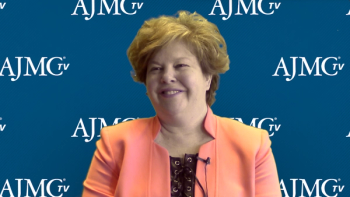
Joann Sciandra, RN, BSN, CCM, associate vice president of healthcare management, Geisinger Health System, discusses how the role of case management has evolved with increased attention being paid to social determinants of health and if she thinks the role will continue to evolve in the future.

You need both technology and successful case management to succeed in value-based care, explained Joann Sciandra, RN, BSN, CCM, associate vice president of healthcare management, Geisinger Health System.

Rob Mechanic, MBA, senior fellow at the Heller School of Social Policy and Management at Brandeis University and executive director of the Institute for Accountable Care, discusses how well accountable care organizations (ACOs) and other healthcare organizations are able to identify patients who could benefit from more holistic approaches to care.

Rob Mechanic, MBA, senior fellow at the Heller School of Social Policy and Management at Brandeis University and executive director of the Institute for Accountable Care, discusses the importance of HHS focusing on high-need patients in their 5 new primary care payment models.

Transforming a practice to become proactive in delivering care, rather than reactive, will be crucial in improving patient care and reducing costs, said Thomas Graf, MD, president, Ascension Medical Group, at the spring session of the National Association of Accountable Care Organizations, held April 24-26 in Baltimore, Maryland.

During a session at the National Association of Accountable Care Organizations (ACOs), top performing ACOs shared lessons learned and best practices for ensuring compliance with quality measures while keeping the patient at the forefront.

Technology interventions have to be targeted at the right patients and be properly explained to them, explained Joann Sciandra, RN, BSN, CCM, associate vice president of healthcare management, Geisinger Health System.
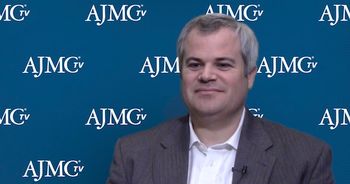
The new primary care models from HHS will provide greater flexibility to practices that want to participate and deliver care in a different way to reduce hospitalizations, said Travis Broome, vice president of policy at Aledade.

During a session at the National Association of Accountable Care Organizations (ACOs), panelists offered perspectives on how ACOs can successfully address social and behavioral needs of their patients.
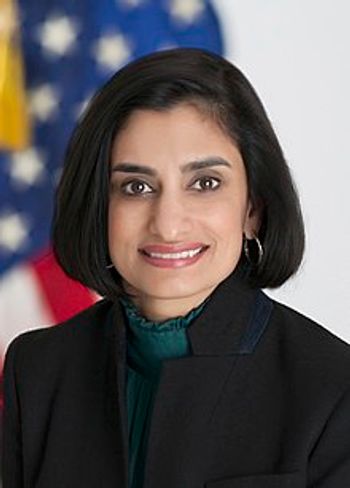
Creating a value-based care system means upending the current one and providing more models to encourage providers to take on risk.
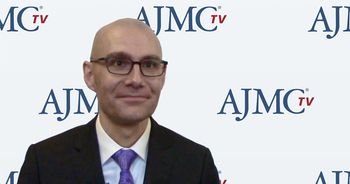
There has always been interest in bundled payments, and now the industry is moving toward implementing more, explained Scott Hewitt, vice president, payment strategy and innovation, UnitedHealthcare.
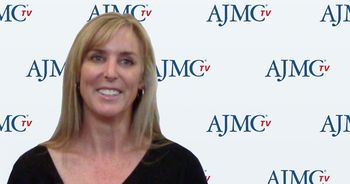
There is a lot involved if an accountable care organization (ACO) decides to switch from Medicare Shared Savings (MSSP) to Medicare Advantage, but Medicare Advantage offers more benefit design flexibility, explained Kim Kauffman, MPH, vice president of value-based care at Summit Medical Group.

Not only are there more dollars being place in value-based contracts, but the healthcare community is starting to see the benefits of these programs, explained Scott Hewitt, vice president, payment strategy and innovation, UnitedHealthcare.
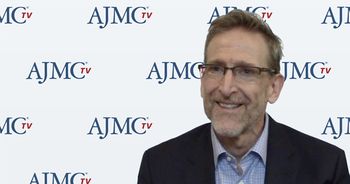
The Institute for Accountable Care has a massive database to understand which accountable care organizations (ACOs) are successful and why, as well as how best to implement accountable care programs, explained Rob Mechanic, MBA, senior fellow at the Heller School of Social Policy and Management at Brandeis University and executive director of the Institute for Accountable Care.

As CMS prepares to implement its new Pathways to Success program (formerly Medicare Shared Savings Program) for accountable care organizations (ACOs), some ACOs may consider Medicare Advantage a more beneficial arrangement, explained Kim Kauffman, MPH, vice president of value-based care at Summit Medical Group.

259 Prospect Plains Rd, Bldg H
Cranbury, NJ 08512
© 2025 MJH Life Sciences®
All rights reserved.
